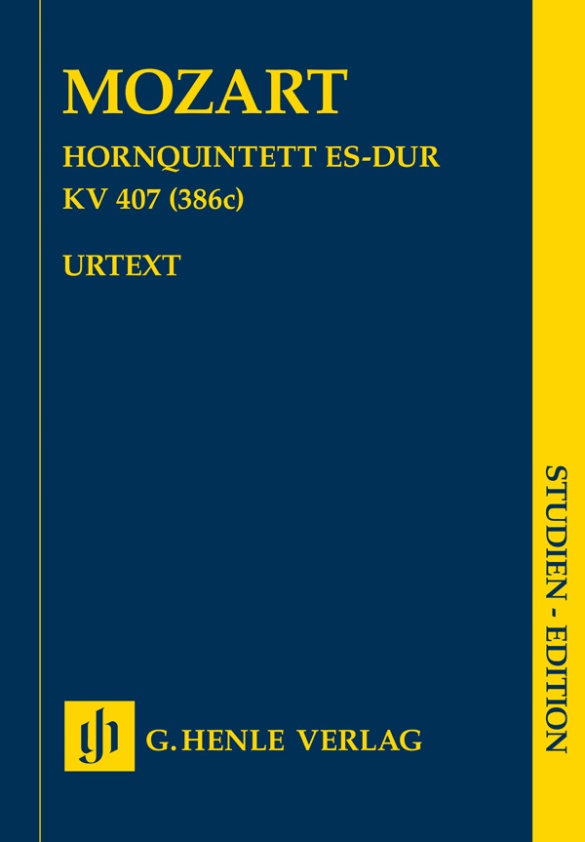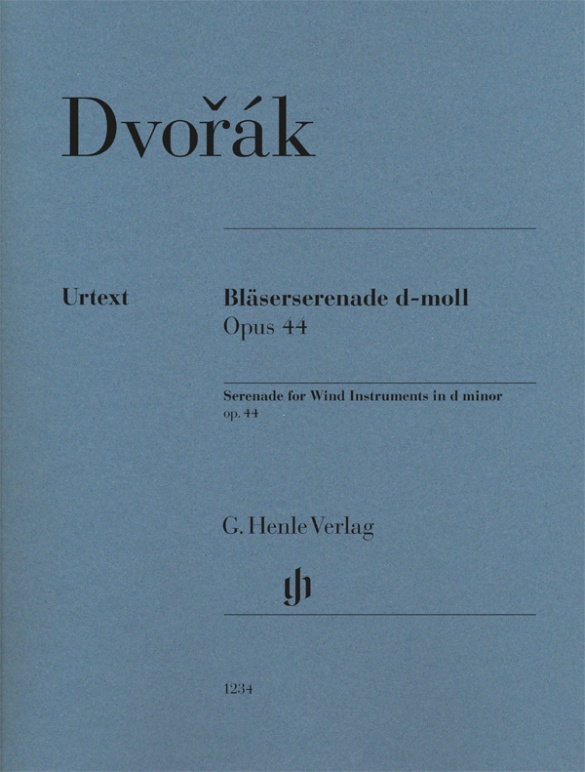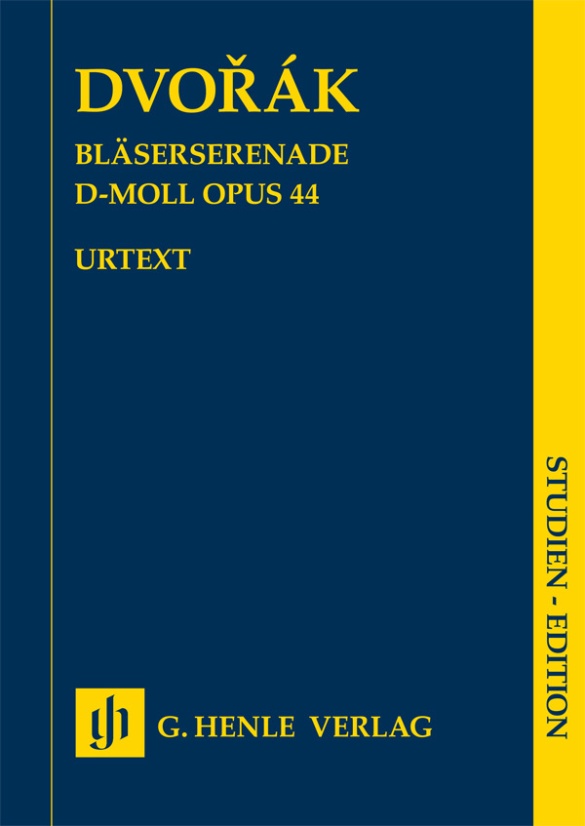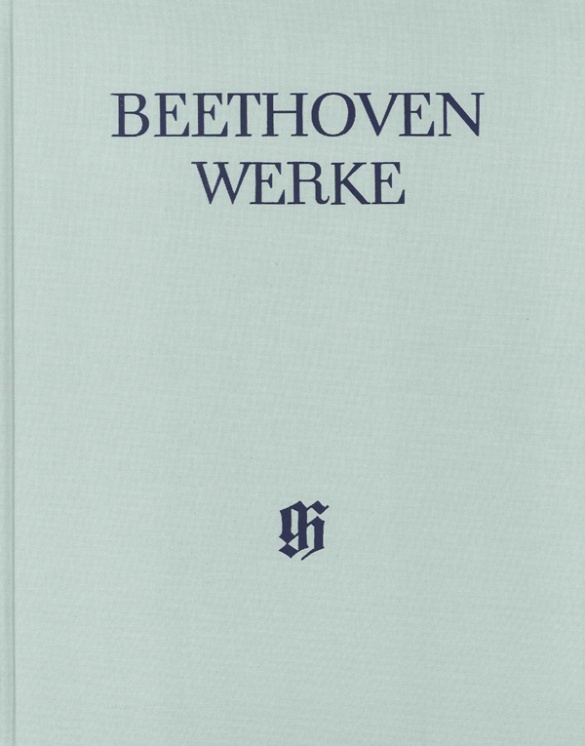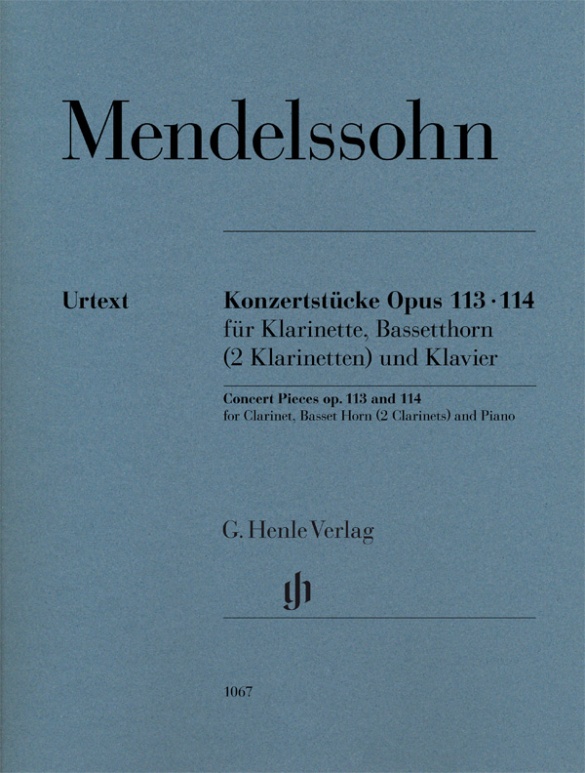

Felix Mendelssohn Bartholdy
Concert Pieces op. 113 and 114 for Clarinet, Basset Horn (2 Clarinets) and Piano
“Favourite dish in exchange for favourite music” – this perfectly summarizes the genesis of the Konzertstücke. When the clarinettist Heinrich Joseph Baermann and his son Carl, who also played the basset horn, stopped to pay a visit to Felix Mendelssohn Bartholdy in 1832, they came to a most curious agreement: they promised their composer friend a generous portion of “Dampfnudeln” (steamed dumplings) and “Rahmstrudel” (sweet-cheese strudel) that Mendelssohn was mad about, if he were to write a piece for them which they could use on their concert tours. The Konzertstück in f minor that originated in this fashion was followed shortly afterwards by a second one in d minor. Both are extremely effective works which wonderfully bring out the unique sound and performance technique of the two instruments from the clarinet family.
Content/Details
About the Composer
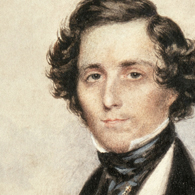
Felix Mendelssohn Bartholdy
A German composer, conductor, pianist, and organist who already numbered among the most important composers in Europe during his lifetime. While still young he found a unique tonal language. Reflected in his oeuvre, which spans all genres, are the contradictory tendencies of the age – Classicism and Romanticism. His endeavors over the course his life to perform the works of Johann Sebastian Bach led to a “rediscovery” of that composer which continues unabated. His intensive engagement with Bach and his counterpoint influenced his own compositional technique.
| 1809 | Born into a wealthy banker’s family in Hamburg on February 3. Escape to Berlin with his parents in 1811. First musical instruction from his mother. |
| 1819 | He becomes a pupil of Carl Friedrich Zelter. |
| 1820 | Joins the Sing-Akademie in Berlin. |
| 1821–23 | Twelve sinfonias for strings. |
| 1825 | String Octet in E-flat major, Op. 20. |
| 1826 | Overture to “A Midsummer Night’s Dream,” Op. 21 |
| 1827 | Begins studies at the University of Berlin. |
| 1829 | Revival of Bach’s St. Matthew Passion in Berlin on March 11 and 21. Travels to England and Scotland. |
| 1829–30 | “Reformation” Symphony in D minor, [Op. 107], with inclusion of the choral “Ein feste Burg“ (A Mighty Fortress Is Our God.) |
| 1830–32 | Extended travels, including to Italy and France. Piano Concerto in G minor, Op. 25; Overture in B minor, Op. 26, “The Hebrides, or Fingal’s Cave” (1829–30). |
| 1833 | Music director in Düsseldorf. “Italian” Symphony in A major, Op. 90 (1830–33). |
| 1835 | Director of the Gewandhaus concerts in Leipzig. |
| 1836 | Premiere in Düsseldorf of his oratorio “St. Paul: Oratorio on Words of the Holy Bible,” Op. 36. |
| 1838-44 | Violin Concerto in E minor, Op. 64. |
| 1840 | Composition of “Hymn of Praise, a Symphony-Cantata on Words of the Holy Bible,” Op. 52. |
| 1841 | Berlin, in the service of the Prussian king. “Variations sérieuses” in D minor, Op. 54, for piano. |
| 1842 | Completion of Symphony No. 3 (“Scottish”) in A minor, Op. 56, with a songlike opening. |
| 1843 | Incidental music to Shakespeare’s “A Midsummer Night’s Dream,” Op. 61. Director of the newly founded Leipzig Conservatory. |
| 1846 | Premiere of his oratorio “Elijah,” Op. 70, in Birmingham. |
| 1847 | String Quartet in F minor, [Op. 80]. Death in Leipzig on November 4. |
About the Authors

Klaus Schilde (Fingering Piano)
Prof. Klaus Schilde, born in 1926, spent his childhood in Dresden. There he was greatly influenced by Walter Engel, who taught him the piano (Kodaly method), composition and violin. From 1946–1948 he studied at the music conservatory in Leipzig with Hugo Steurer. After moving to the west in 1952 he studied with Walter Gieseking and Edwin Fischer, as well as with Marguerite Long, Lucette Descaves and Nadia Boulanger in Paris.
Schilde won numerous prizes. From 1947 onwards he gave concerts as a soloist and chamber musician on almost every single continent with renowned orchestras. He taught at the music conservatories in East Berlin Detmold, West Berlin, Munich, Tokyo (Geidai) and Weimar. From 1988–1991 he was President of the Staatliche Hochschule für Musik und Theater in Munich, where he also taught for decades as a professor. There are numerous radio and television broadcasts with Klaus Schilde as well as CD recordings. Schilde has contributed fingerings to almost 100 Henle Urtext editions.
Prof. Klaus Schilde passed away on 10 December, 2020.
Product Safety Informations (GPSR)

G. Henle Verlag
Here you can find the information about the manufacturer of the product.G. Henle Verlag e.K.
Forstenrieder Allee 122
81476 München
Germany
info@henle.de
www.henle.com
Da Carl Baermann, der die erste Druckausgabe bei André 1869 einrichtete, mit fremden Notentexten meistens sehr freizügig umging - siehe Carl Maria von Webers Klarinettenwerke -, ist es verdienstvoll, dass der Henle-Verlag jetzt die beiden Konzertstücke als Urtext-Ausgabe vorlegt. (...) Die Stimmhefte sind benutzerfreundlich angelegt, da sie in kleinerem Druck auch die komplette Stimme des Duopartners enthalten. Neben einem ausführlichen Vorwort werden im Kritischen Bericht noch Alternativen für die Kadenzen angegeben. Mit dieser Urtext-Ausgabe steht einem fröhlichen Musizieren ohne fremde Zutaten nichts mehr im Wege.
Das Orchester, 2016recommendations
autogenerated_cross_selling
Further editions of this title
Further editions of this title


